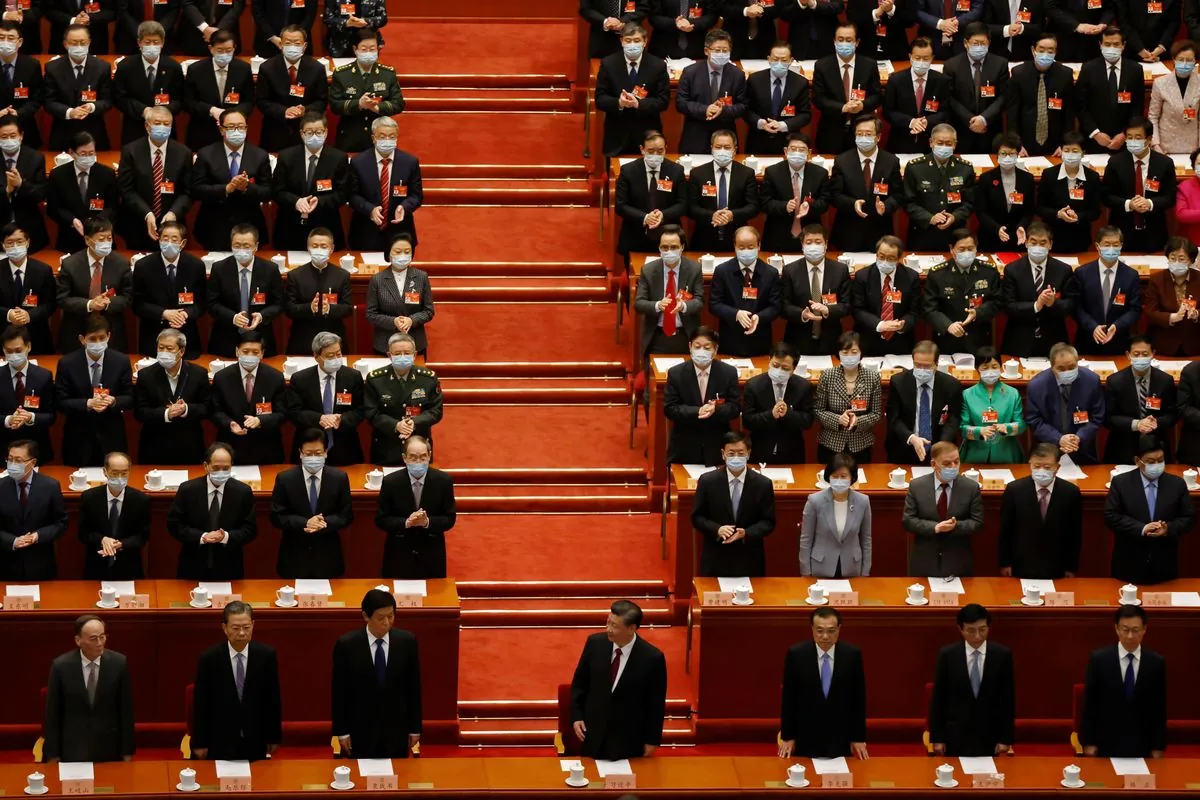China makes biggest money policy change since 2010 as markets jump
Chinaʼs top officials announced first monetary stance shift in over a decade moving to easier policy. Markets responded with quick gains while new economic plans focus on domestic growth and consumption

Chinas top leadership made a ground-breaking shift in its money-management approach (first time since early-10s) as markets showed quick positive reaction. The meeting of high-level party members led by Xi Jinping brought significant changes to the countrys economic direction
The Politburo announced a switch to appropriately-loose monetary policy; this comes with more active budget spending to push economic growth. Hong Kongs main stock index jumped 2.8% — reaching its best level in about 30 days while government bonds also went up
The new policy includes some non-standard ways to manage economy cycles focusing on:
- Making people spend more
- Growing local market demand
- Fixing housing market issues
- Supporting stock markets stability
Recent data shows over-dependence on making stuff and selling abroad‚ while local shopping stays weak. The govt already put out a 10-trillion yuan package in 11/2024 to help cities with money problems but its more about fixing long-term issues than quick economic boost
External risks are getting bigger — especially with upcoming US elections where Donald Trump threatens big tariffs on Chinese goods (maybe 60% or higher). Still Chinese officials show confidence: Finance head Lan Foan hints at more support coming up‚ while the country aims to keep its 5% growth goal for next year
We must be fully prepared to achieve 2025 economic targets
The central bank already did its biggest money-system boost since covid times in 09/2024‚ putting in 1-trillion yuan and cutting rates. Now with this new direction change — experts think bigger rate-cuts and asset-buying might happen in 2025





























